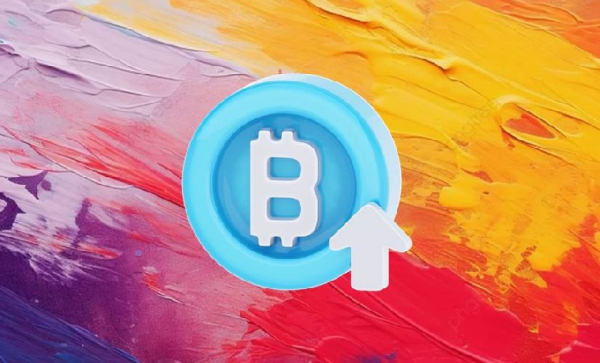El Salvador Distributes Bitcoin Reserve Across 14 Wallets to Protect Against Quantum Attacks

The Central American country moved its 6,274 bitcoins worth $678 million from one address to 14 new wallets, each containing no more than 500 BTC. The Bitcoin Office of El Salvador explained this decision by the need to minimize damage from possible quantum attacks in the future.
“By dividing the funds into smaller amounts, we reduce the potential damage from a quantum attack,” the country’s representatives said on the social network X. According to them, the main threat is that after spending from a bitcoin address, its public keys become visible and vulnerable to hacking by quantum computers.
Research firm Project Eleven warned in April that more than 6 million bitcoins, worth about $650 billion, could be at risk if quantum computers become powerful enough to crack elliptic curve cryptography (ECC).
But how real is this threat? Project Eleven notes that quantum computing is still far from being able to crack Bitcoin. Bitcoin's private key contains 256 bits, while no quantum computer using Shor's algorithm has yet been able to crack even a 3-bit key.
Michael Saylor, the architect of Bitcoin strategy firm Strategy, called the threat of quantum computing to Bitcoin “hype” in June. He said that if the problem ever became serious, protocol developers and hardware manufacturers would implement the necessary fixes.
“The answer is simple: upgrade the Bitcoin network hardware, upgrade the Bitcoin network software – just like Microsoft, Google and the US government do,” Saylor said.
Industry insiders have generally welcomed the distribution of El Salvador's Bitcoin reserve, though many experts still believe the quantum threat is premature. Still, it's never a bad idea to take precautions—especially when it comes to hundreds of millions of dollars in public funds.
Source: cryptonews.net



